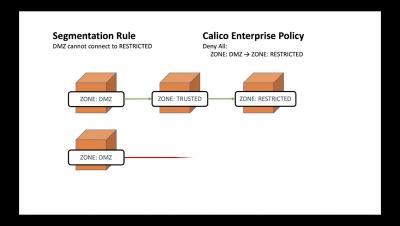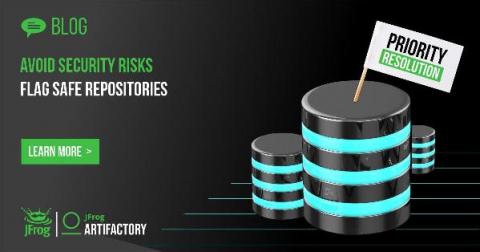Operations | Monitoring | ITSM | DevOps | Cloud
Security
The latest News and Information on CyberSecurity for Applications, Services and Infrastructure, and related technologies.
Tackling remote workforce security challenges post-pandemic
In the wake of the COVID-19 pandemic, many organizations are adopting or experimenting with new models of long-term remote work. For some, that means keeping their teams fully distributed. For others, it means giving employees more flexibility to work from home or even simply putting plans in place for the future. But this shift to remote work brings new challenges that both large enterprises and smaller organizations must face.
What you need to consider when changing to a different operating system
The importance of behavior analytics in your organization's cybersecurity
Collin’s dictionary defines “behavior pattern” as a recurrent way of acting by an individual or group toward a given object or in a given situation. Analyzing and understanding the behavior patterns of individuals has proven to provide in-depth solutions to problems in different walks of life, including cybersecurity.
Ensuring compliance with DISA STIGs, NIST 800-53, CMMC, and RMF
This blog is the second in a four-part series on infrastructure automation for government agencies that are modernizing digital systems while grappling with budget and staffing constraints and the challenges of COVID-19.
Protecting digital privacy and using technology for good
Going Beyond Exclude Patterns: Safe Repositories With Priority Resolution
Long Weekend and you Locked Yourself Out of Your Computer
The latest Verizon DBIR report is out and we all should realize, normal is not the new workplace. Picture this: You’re logging into the work account after a long weekend of gratitude, remembrance and maybe even getting to hug someone safely. Okay, we’re exaggerating a little but variations of this scene are playing out all over the country this week. You’re frustrated and you haven’t even gotten started on the work that piled up over the weekend.
Google Authenticator and Pandora FMS, defend yourself from cyberattacks
For a long time, the Internet has been an easily accessible place for most people around the world, full of information, fun, and in general, it is an almost indispensable tool for most companies, if not all, and very useful in many other areas, such as education, administration, etc. But, since evil is a latent quality in the human being, this useful tool has also become a double-edged sword.
Understanding Splunk Phantom's Join Logic
If you’re an active Splunk Phantom user, it’s safe to assume you know what a playbook is. If not, here’s a quick summary: Phantom playbooks allow analysts to automate everyday security tasks, without the need for human interaction. Manual security tasks that used to take 30 minutes can now be executed automatically in seconds using a playbook. The result? Increased productivity and efficiency, time saved, and headaches avoided.











